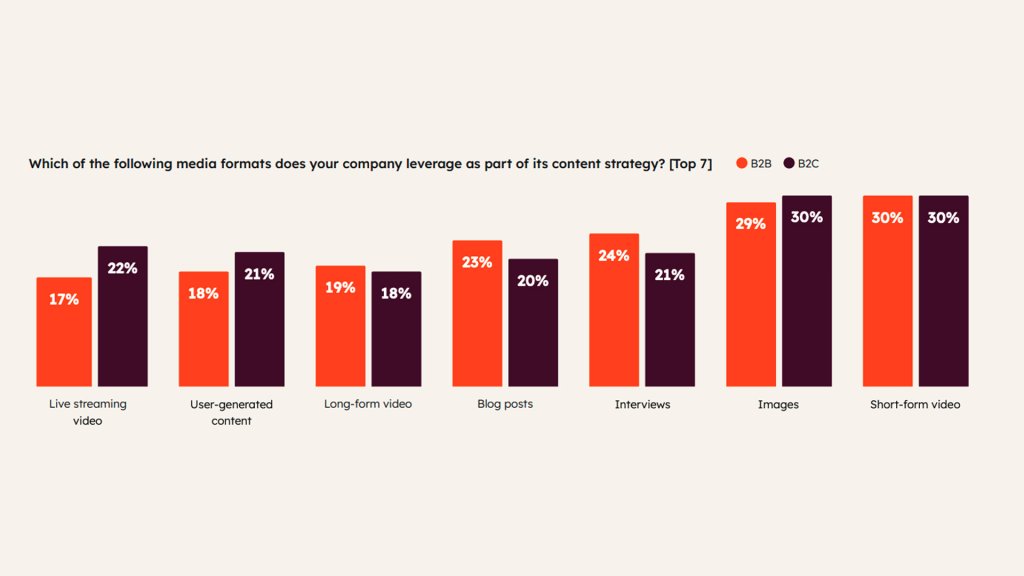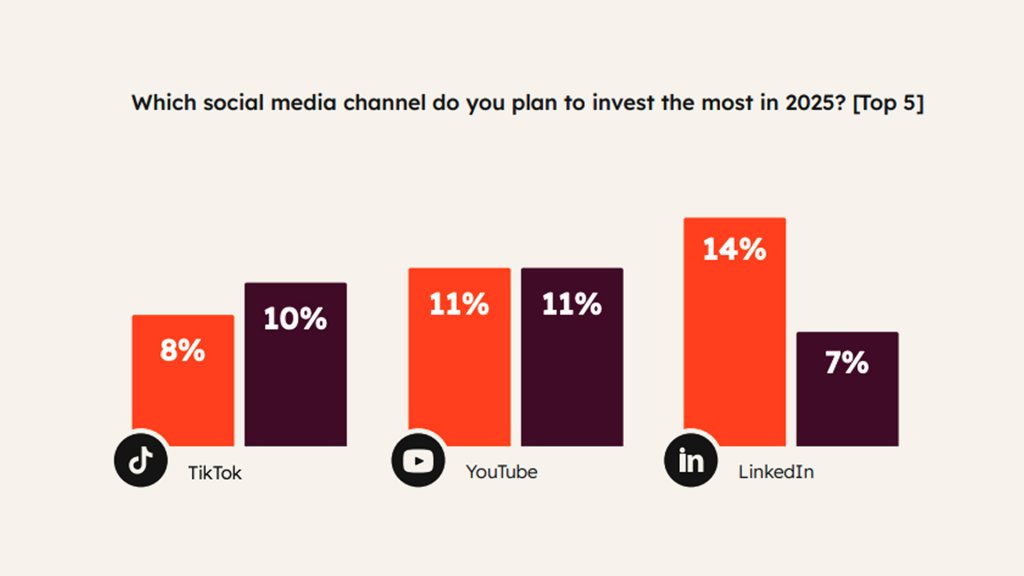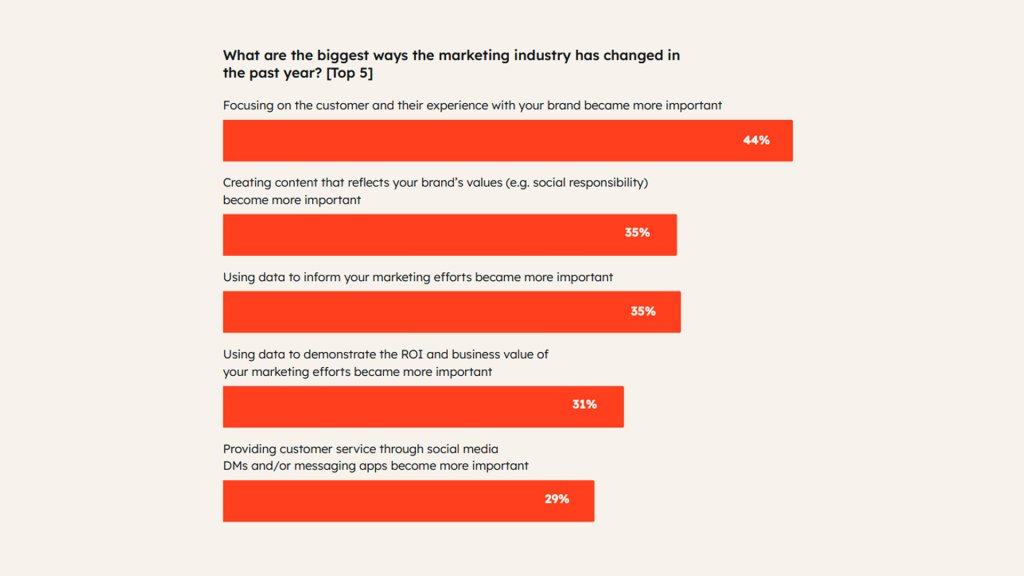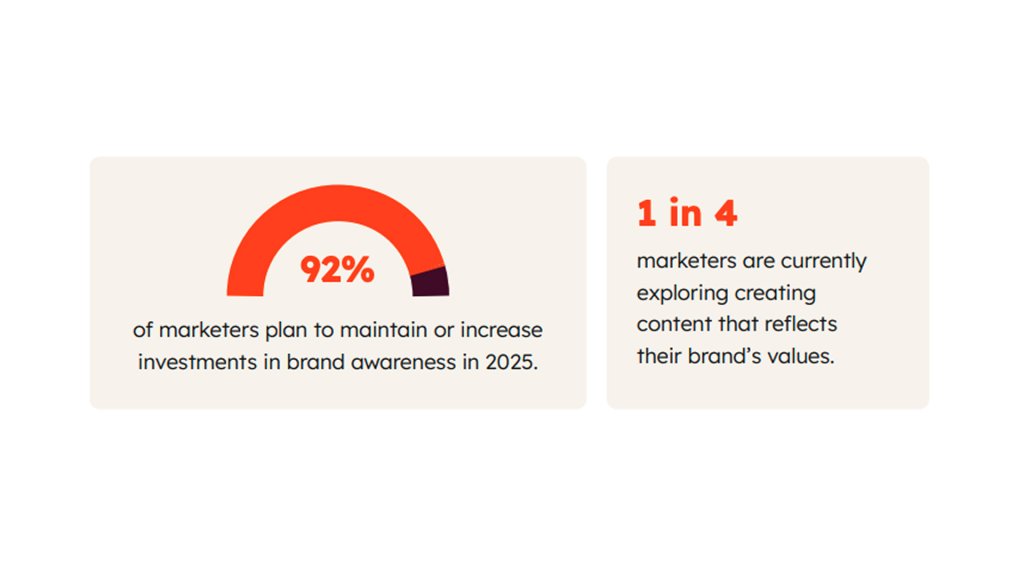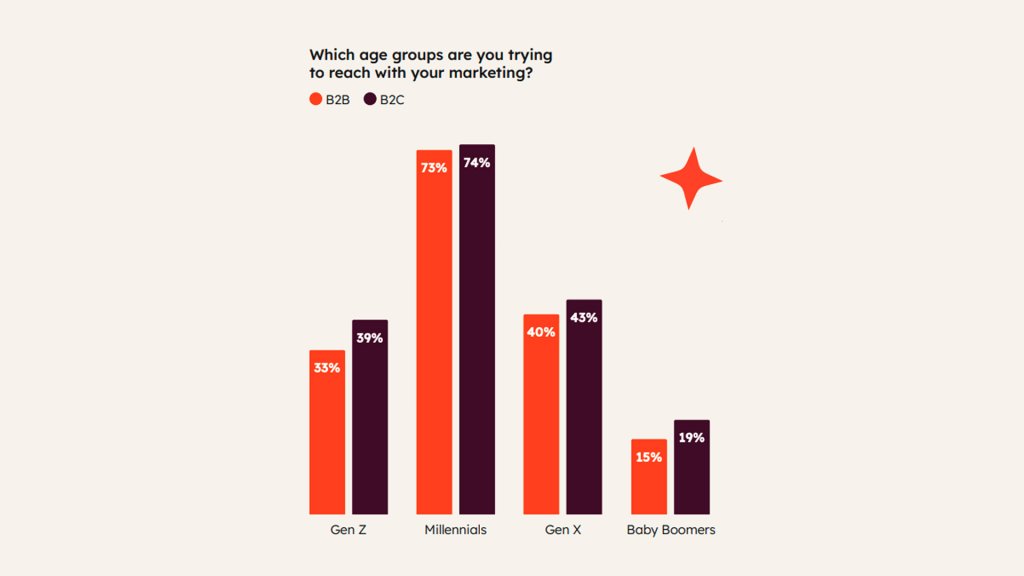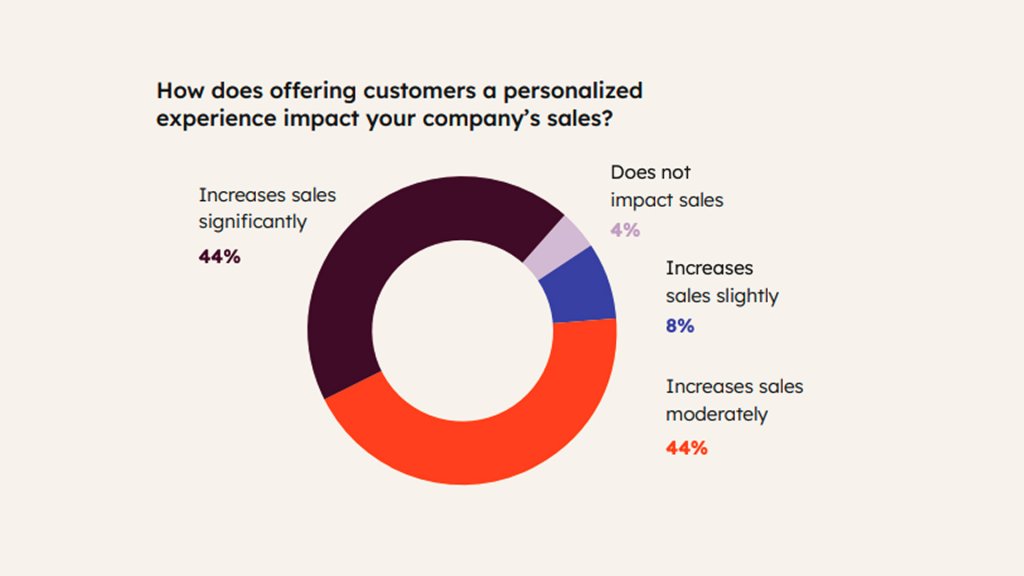The State of Marketing 2025: HubSpot’s Key Content Trends
Marketing approaches are evolving. In 2025, trust, closeness to the audience, and the ability to speak their language are coming to the forefront.
These shifts directly impact what content should look like — and how it should be promoted.
This overview covers the key content trends for 2025 according to HubSpot, along with practical recommendations on how to adapt your strategy to the new realities of digital marketing.
From Reach to Presence
Today, people expect to see brands in their everyday digital environment — in mobile apps, Stories, or podcasts. Messages only resonate when they’re seamlessly integrated into familiar user experiences.
Marketing is no longer about maximizing reach at any cost. The focus has shifted to meaningful presence, building loyalty, and managing attention wisely.
In this context, media advertising remains a powerful tool, especially when combined with an omnichannel strategy and fine-tuned to match real user habits.
The Era of Visual Content
Visual content has become a key part of both performance and brand awareness strategies. It’s no longer just about aesthetics — it’s about engagement, recognition, and conversion.
Short videos, animation, and visual storytelling help deliver messages quickly and trigger emotional response — which is why more brands are turning to these formats.
According to HubSpot, the formats with the highest ROI are:
- Short-form video — 21%
Static images — 19%
At BYYD, we use interactive ad formats — Rich Media, Split Screen, In-Game — and consistently see higher user engagement and improved campaign performance.
At the same time, we combine them with standard banners to maximize reach and cover different user interaction scenarios.
Rising Demand for Audio Formats
Audio has become a solid part of the marketer’s toolkit. According to research, 91% of professionals plan to maintain or increase their investment in podcasts in 2025.
The reason is clear: it’s a channel that builds trust.
When a user listens to a brand for 20–30 minutes, it’s not just about reach — it’s about deep connection and engagement.
Where to Advertise in 2025?
Three platforms remain at the center of digital communication in 2025:
- YouTube – for educational and search-driven content
- TikTok – for engagement and rapid reach through short-form video
LinkedIn – still relevant for B2B, but the format is shifting: from formal content to conversational tone, video, and storytelling
At the same time, it’s important to remember: users don’t spend all their time on social media. A significant portion of their digital activity happens inside mobile apps.
That’s why in-app advertising is becoming a crucial part of the strategy — helping extend reach and engage users exactly where their attention is focused.
Micro Audiences = Macro Impact
Large-scale celebrity collaborations are increasingly giving way to partnerships with micro-influencers — creators with 10,000 to 100,000 followers. These influencers maintain a closer connection with their audience and offer a better return on investment.
The State of Marketing 2025 notes that brands see the best results on platforms where authentic influencer content is in demand.
At the same time, a new trend is emerging: according to 86% of marketers, AI influencers will soon enter the market and begin competing with human creators.
Consumers Buy Values, Not Just Products
Consumers are increasingly choosing not just products, but the meaning behind them.
According to HubSpot, 92% of marketers are already investing in brand awareness through value-driven content that reflects:
- sustainability
- transparency
- social impact
This is no longer just a trend — it marks a fundamental shift in how brands communicate. A brand today is not only about what it sells, but also about the values it represents.
According to The State of Marketing 2025 report, 1 in 4 marketers plans to focus on this type of content in the coming year.
Gen Z and Millennials in the Spotlight
Gen Z and millennials are the key decision-makers and trendsetters. Although they’re online almost constantly, capturing their attention is increasingly challenging — it takes speed, authenticity, strong visuals, and personalized messaging.
According to HubSpot, over 70% of brands will focus on millennials this year, and more are shifting toward Gen Z.
At the same time, Generation Alpha shouldn’t be overlooked. This digitally native, fast-growing group is already highly active — and represents future buying power.
We explored who Generation Alpha is, what digital habits define them, and which ad formats resonate most effectively — read more here
Personalization Drives Results
A personalized experience increases sales — this is the opinion of 96% of marketers. And it’s no longer just about using a name in an email — it’s about delivering the right message, at the right time, in the right context.
In mobile advertising, personalization is achieved through targeting and creatives. At BYYD, we frequently combine multiple audience segments and formats in one campaign — boosting engagement and improving outcomes.
Explore how targeting works on the BYYD platform — and how it helps build meaningful, one-to-one communication in mobile environments.
What Should Brands Focus On in 2025?
The State of Marketing 2025 by HubSpot highlights key content trends shaping brand communication today. It shows that brands building their content strategies around visual storytelling, authenticity, and personalization achieve the highest response rates.
In 2025, it’s essential to be part of the conversation — to tell stories, build relationships, and create content that’s meaningful, interactive, and emotionally resonant.
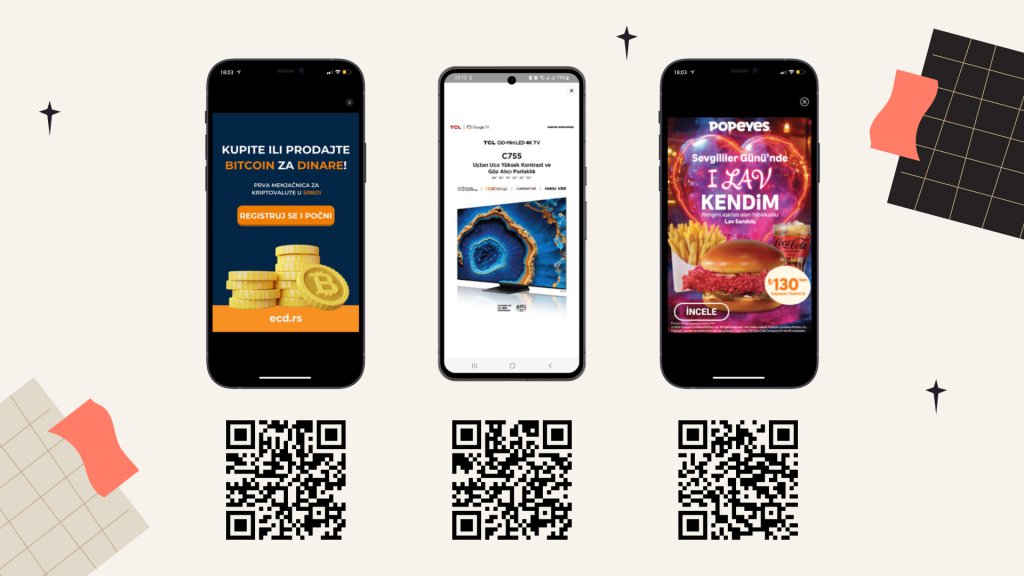
At BYYD, we base our campaigns on these principles — and we consistently see the results. Take a look at our case studies to see how thoughtful mobile advertising really works.
Ready to launch your campaign?
Email us at hello@byyd.me — we’ll help you get started with effective in-app placements.
Found this helpful? Share it with your friends and colleagues!
For consultations and partnership inquiries:
- Submit a request on our website
- Email us at hello@byyd.me
